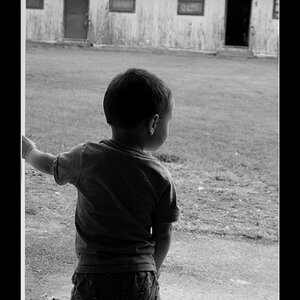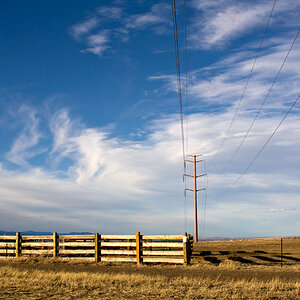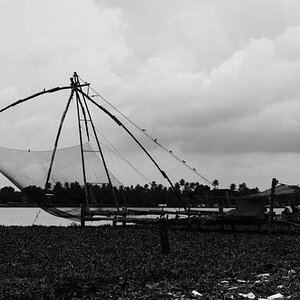girl_with_brain
TPF Noob!
- Joined
- Oct 10, 2010
- Messages
- 61
- Reaction score
- 0
- Location
- burbs of los angeles
- Website
- www.flickr.com
- Can others edit my Photos
- Photos OK to edit
Hey all I'm a noob to the forum and noob to the wonderful world of DSLR's. So new that my camera is on its way and will arrive on Wednesday! lol
Previously I shot with an outdated Nikon coolpix 5700. I did some pretty rad photos with my minimaliast equipment but it was long overdue for an upgrade.
I'm a graphic/web designer by trade and recently a few clients said they'd pay me for some product photography. So in I jump on my way to adding photographer to my list of trades. I also will be doing a few children's portraits from time to time for fun and who knows maybe for some fundage later on.
If anyone has tips on which polarizer and flash to get for product photography would be awesome!
You need a circular polarizer. Inexpensive is just fine. Number one caution I can say is don't believe all those that say you must buy the most expensive anything. Photos forums abound with the incredible coincidence that the most expensive piece of equipment is always the correct one to get. Here is a link to prove my point about "image degradation" Dirty lens article
If you are a skilled? designer then half the battle is won. Composition is critical. The other half of product photography is lighting. Study light boxes and their lighting abilities.
"The object of product photography is to show details of an object clearly. Lighting an object well brings out details and provides pleasing highlights. One method for uniformly lighting small objects is to surround the object in a light box. The following article describes the process for making your own lightbox for small object photography. From start to finish this project should take no longer than 30 minutes." Homemade Light Box for Product Photography StudioLighting.net
Also see light boxes for product photography - Yahoo! Search Results
As far as portraits go. Again lighting is critical for studio portraits. And much info is on the web for studio portrait lenses. Candids take the show on the road and get the kid doing what the kid does. Telephoto zooms are called for here and you just take the lighting as it comes. When taking photos outdoors the polarizer can improve your photos hundreds of times over if the light is polarized. Polarizers and Neutral density filters cannot be duplicated with post processing software. You must have a polarizer in your bag of tricks. I did a beach wedding in Door County Wisconsin and they raved after saying it looked like a tropical Island. It looked so wonderful because I used a polarizer. Not using it would have been an inexcusable "crime".
Thanks for the info. So which polarizer do you recommend? There are about five thousand of them easily! I'm a bit overwhelmed with the correct one to get. Thanks.



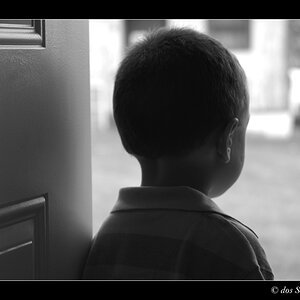
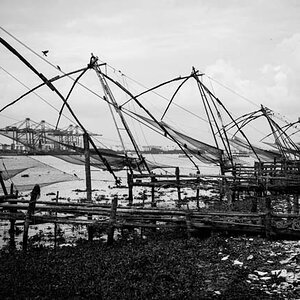
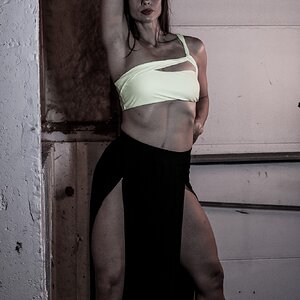
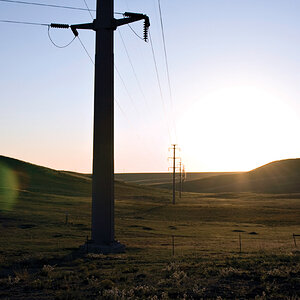
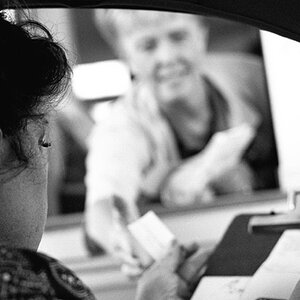
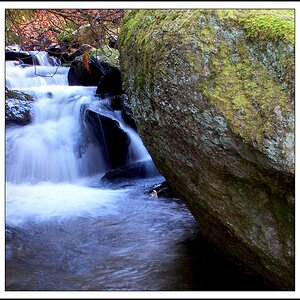
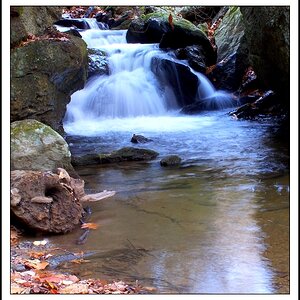
![[No title]](/data/xfmg/thumbnail/42/42452-e36799eaff36dca02ffc57ce660e5e20.jpg?1619740190)
